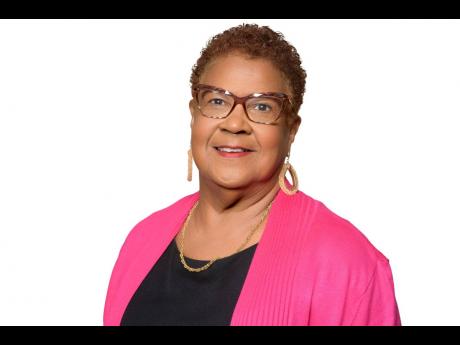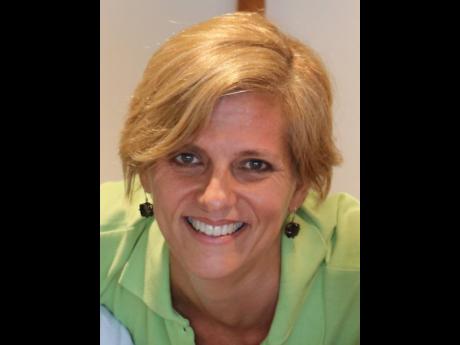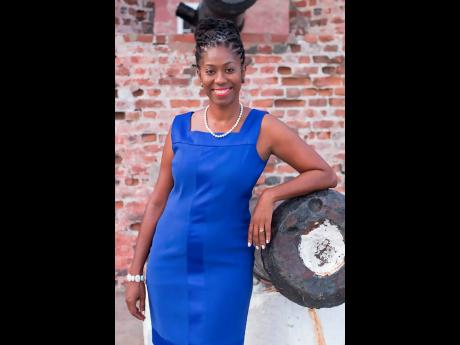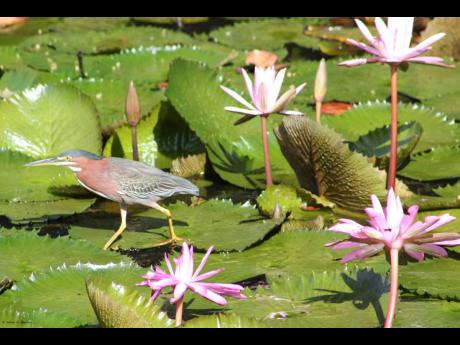Earth Today | A call for nature - Stakeholders want attention to biodiversity protection
WITH PLASTIC waste associated with COVID-19 a clear and present danger to marine and other wildlife, local and regional pundits have added their voices to the call for attention to biodiversity conservation even as humanity navigates the global pandemic.
Those voices include that of Executive Director of the Caribbean Natural Resources Institute, Nicole Leotaud.
“Protecting nature must be at the heart of Caribbean COVID-19 recovery and climate resilience, and we need strong leadership to prioritise biodiversity conservation as a central pillar in Caribbean development,” she said.
“There is strong commitment and action by civil society and local communities to protect biodiversity and nature-based livelihoods, but more needs to be done at the political level,” Leotaud added.
Her comments come even as the United Nations Summit on Biodiversity is being hosted under the theme ‘Urgent action on biodiversity for sustainable development’.
Indi Mclymont-Lafayette, development communications professional and a years-long advocate for civil society participation in development decision-making, has herself urged priority for biodiversity conservation.
“It is important that we factor biodiversity conservation into our COVID-19 recovery. It has to be a part of our ‘livity’, or our lifestyle. So, for example, it is best we buy masks made of cloth that can be washed and reused rather than plastic or disposal masks that end up in our gullies killing fish and other marine life,” she noted.
“Another example is farmers saving seeds from their crops. If, for example, we had another lockdown because of COVID or a hurricane, it would be an issue to import seeds,” added Mclymont Lafayette, who heads Change Communications.
CANARI, meanwhile, has commended what it describes as “the leadership shown by Belize and is calling on other Caribbean governments to galvanise political commitment to invest in the health of our planet as an investment in our own future”.
The Caribbean is one of the 36 biodiversity hotspots in the world, and nature continues to be key for the region’s approximately 44 million people. Yet, Belize is reportedly the only country from the region which has so far signed the global ‘Leaders Pledge for Nature’.
The pledge commits to 10 urgent actions to put nature on a path to recovery by 2030. The commitments include ensuring that the current health and economic crisis is green and just and contributes directly to ‘recovering better’ and achieving sustainable societies; as well as to put biodiversity, climate and the environment as a whole at the heart of COVID-19 recovery strategies and investments and of the pursuit of national and international development and cooperation.
Eleanor Jones, principal at Environmental Solutions Limited, said biodiversity is too important to ignore.
“We need to understand what biodiversity is. It basically relates to species, which includes us, and the interaction with their habitats. The single biggest threat to biodiversity is the habitat, and what we are saying is that as we are destroying habitat, we are running wildlife out of their places and bringing them closer to humans and causing, for example, a jump of diseases from animals to humans,” she explained.
“With COVID-19, food production becomes increasingly important and biodiversity is critical to food production, on sea and on land, for marine and terrestrial life. So when we are talking [about] biodiversity conservation, what we are talking about is food production, sustainable supplies of clean water, clean air, and preventing disease,” added Jones, who is also a member of the Private Sector Association of Jamaica.
“It is, therefore, critical that we do not destroy our forest cover, and that we pay attention to maintaining marine life and protecting sensitive areas,” she said further.




